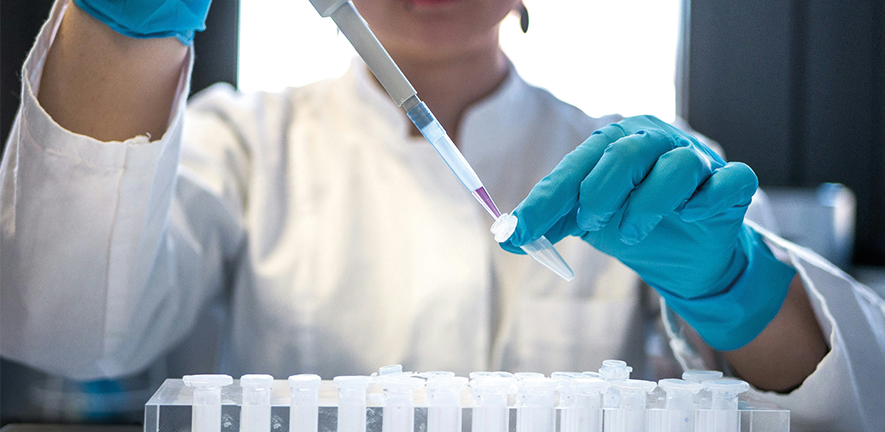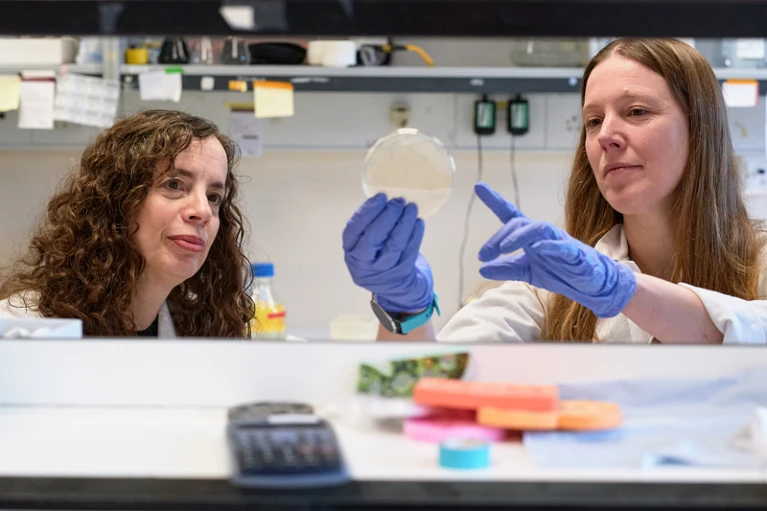
The Roving Researcher Pilot Scheme in the School of Biological Sciences aims to mitigate the impact of medium- or long-term leave on our researchers and their scientific programmes. This innovative scheme provides experiment support (or other types of support, for example, to help Principal Investigators on leave with lab management) to scientists on leave, enabling research momentum to continue in the lab.
Research pauses have a significant impact and interrupt the scientific process, affecting not only the individuals on leave, but also the researchers within the host lab. The Roving Researcher scheme’s primary objective is to reduce the impact of medium- or long-term leave, such as maternity leave, unplanned leave due to illness or caring responsibilities. Moreover, from a financial perspective, by providing continuous high-skilled support, the Rover reduces direct and indirect costs that are associated with a vacancy (e.g. advertisement), thus, overall, the Roving Researcher Scheme is expected to be cost-neutral or even positive.
The scheme is open to all researchers in the School of Biological Sciences, including Group Leaders, Early-Career Staff and Fellows.
“The Roving Researcher role allows us to support our scientists if they need extended time away from the lab. These periods away are often linked to caring responsibilities, thus disproportionally affecting women.
For decades academia has rung its hands about how to level the playing field and reduce the gender pay gap, when in fact the answers to why this inequity exists and the solutions to it are staring us in the face. In the sciences, where maternity leave means a pause in experiments, the solution is easy – provide a replacement pair of hands at the bench.
The Roving Researcher position enables scientific momentum to continue in the lab, and the Rover is exposed to a wide range of innovative research across the School of Biological Sciences thereby introducing an additional and attractive career pathway for highly skilled researchers. In the future, we hope to roll out a cohort of Roving Researchers so that this support can reach all the people who need it.” - Laura Itzhaki and Catherine Wilson, Department of Pharmacology, are leading the Roving Researcher Scheme.
Laura Itzhaki (left) and Catherine Wilson (right). Credit: Paolo Juan
Members of the School can find out more about the scheme, including how to apply, on the School Information Hub.
Read an article on roving researcher programmes published in Nature.


